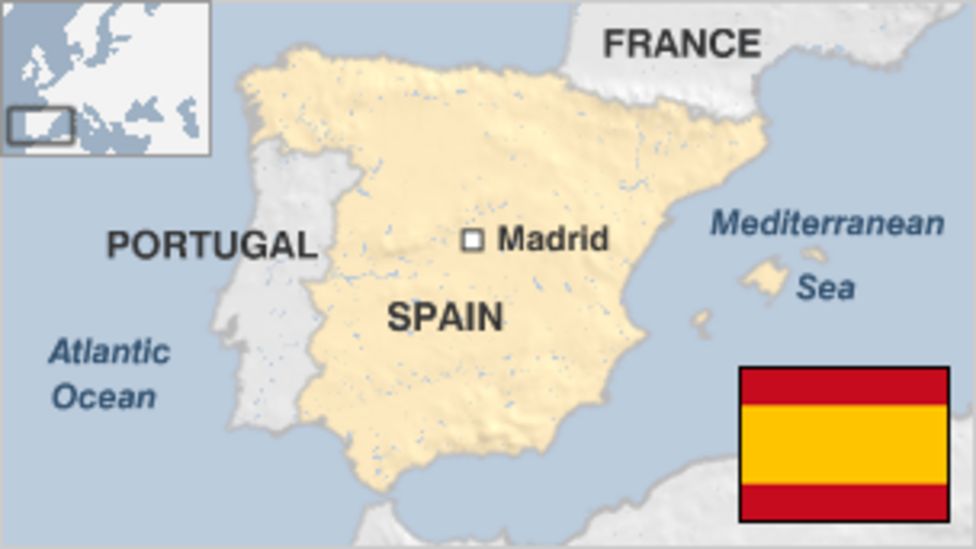

Spanish rapper’s arrest sparks free speech protests
Why In News?
Largely peaceful protests in several Spanish cities descended into chaos and clashes after police arrested a popular rapper, Pablo Hasél, who had barricaded himself inside a university to avoid a prison sentence for glorifying terrorism and denigrating the monarchy in tweets and lyrics.
Protests in support of a jailed Catalan rapper have descended into violence, with police and demonstrators clashing in Spain's main cities.
The protests erupted a day after Pablo Hasél was jailed for tweets insulting police and the Spanish monarchy.
The rapper faces nine months in prison on a charge of glorifying terrorism and slandering the crown in tweets and song lyrics. The case of Hasél known for his radical leftist views has reignited a debate about free speech in Spain.
More than 200 artists, including film director Pedro Almodóvar and Hollywood star Javier Bardem, have signed a petition against his jail term and the government said last week it intended to relax penalties for "excesses" in freedom of expression.
In the Spanish capital, a demonstration started peacefully with protesters clapping their hands and chanting "No more police violence" and "Freedom for Pablo Hasél".
Background:

Spain's location at the crossroads of the Atlantic and the Mediterranean, Europe and Africa, has made it a key political and cultural bridge across five continents.
Through exploration and conquest, Spain became a world power in the 16th century, and maintained a vast overseas empire until the 19th century.
Its modern history was marked by the bitter civil war of 1936-39, and the ensuing decades-long dictatorship of Francisco Franco.
Since General Franco's death in 1975, Spain has made the transition to democracy, and built a modern economy.
The country's 17 regions have their own directly-elected authorities, but separatism remains a live issue in wealthy Catalonia in the north-east.
